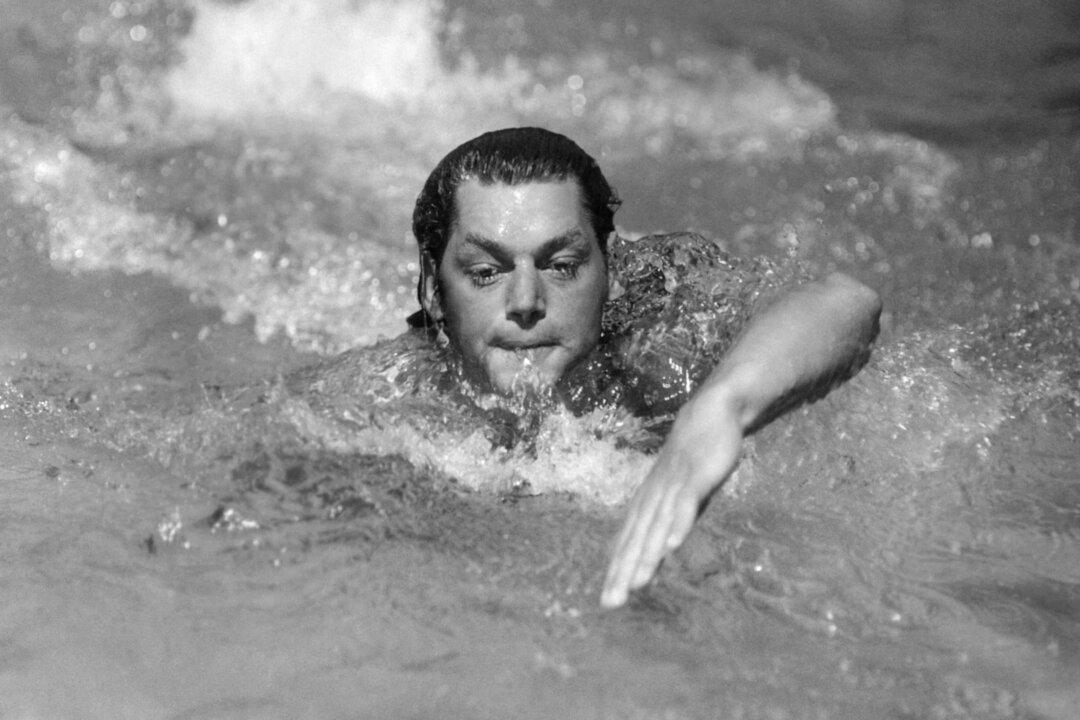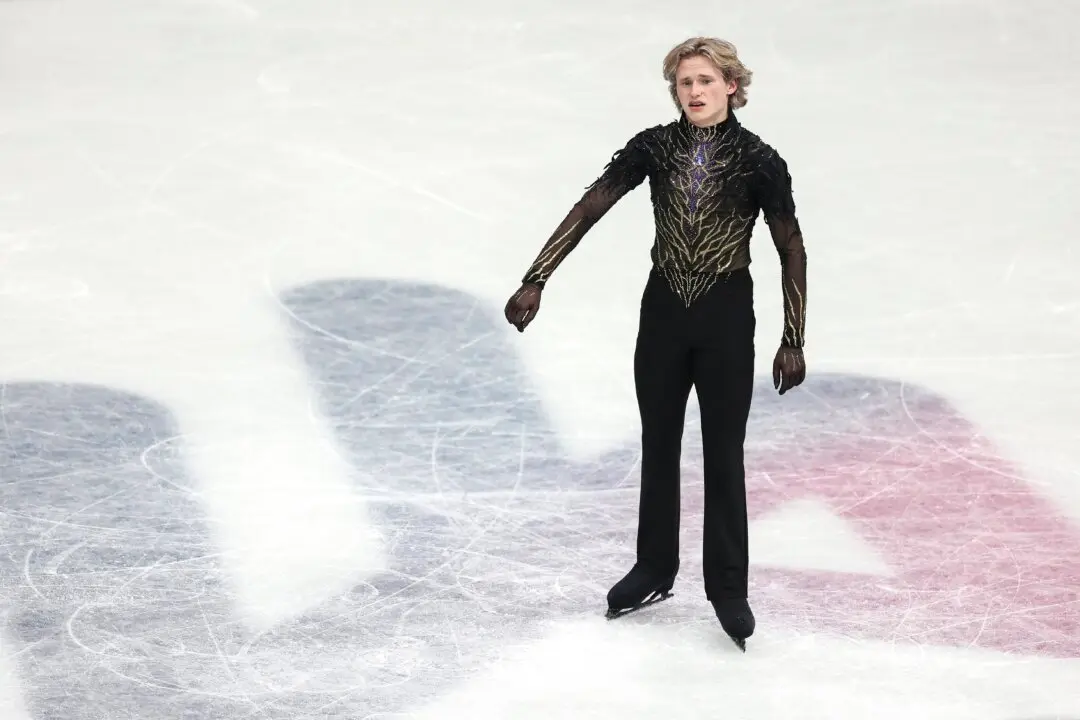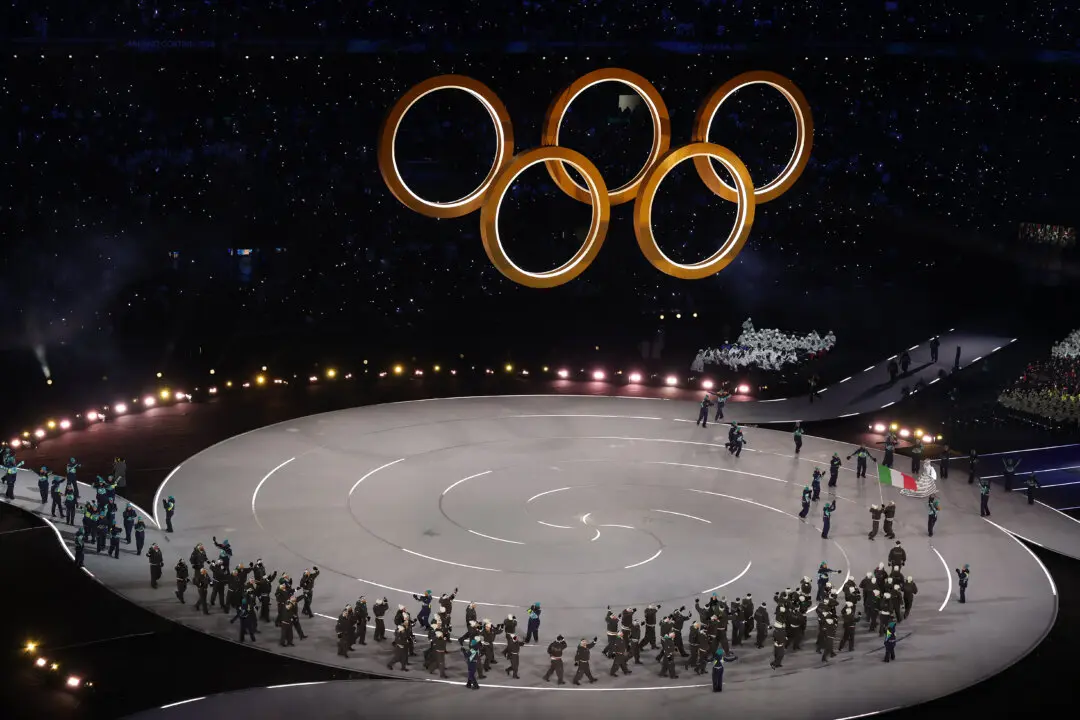With the 2024 Paris Olympic Games starting on July 26, viewers worldwide are preparing to cheer for their countries for the next two weeks in various sports competitions.
Several Olympic swimmers, including Michael Phelps, Mark Spitz, and Matt Biondi, have brought home gold for the United States. But a century ago, Johnny Weissmuller swam at the Paris Games and became an American legend.





